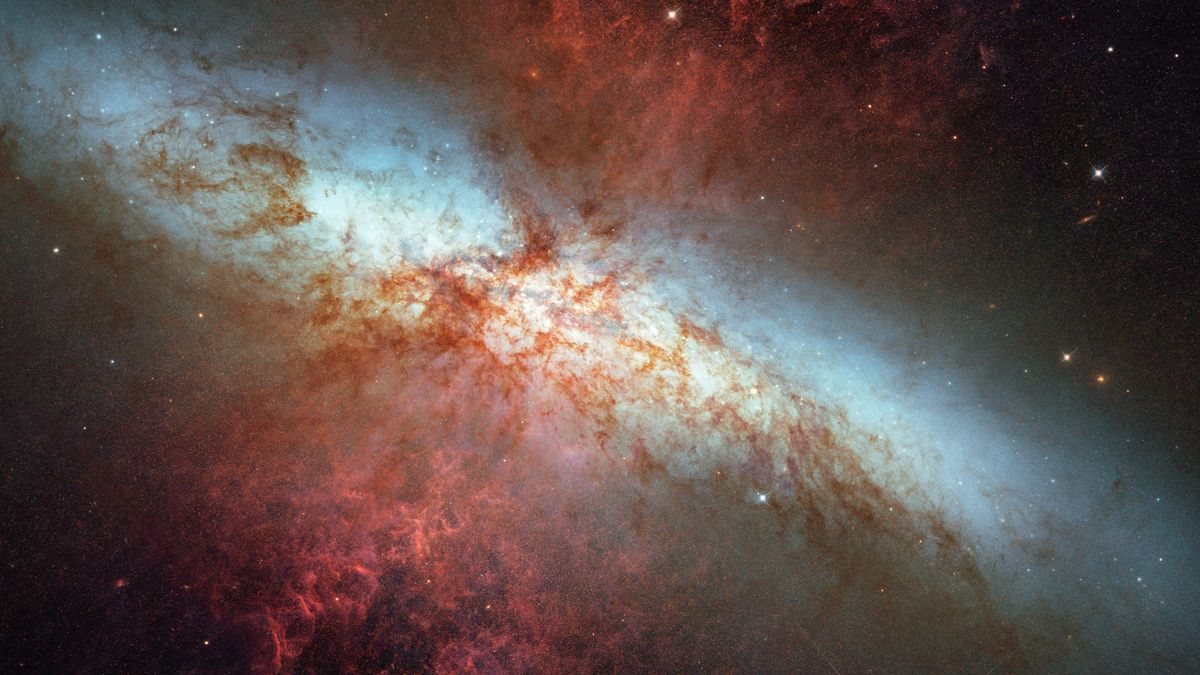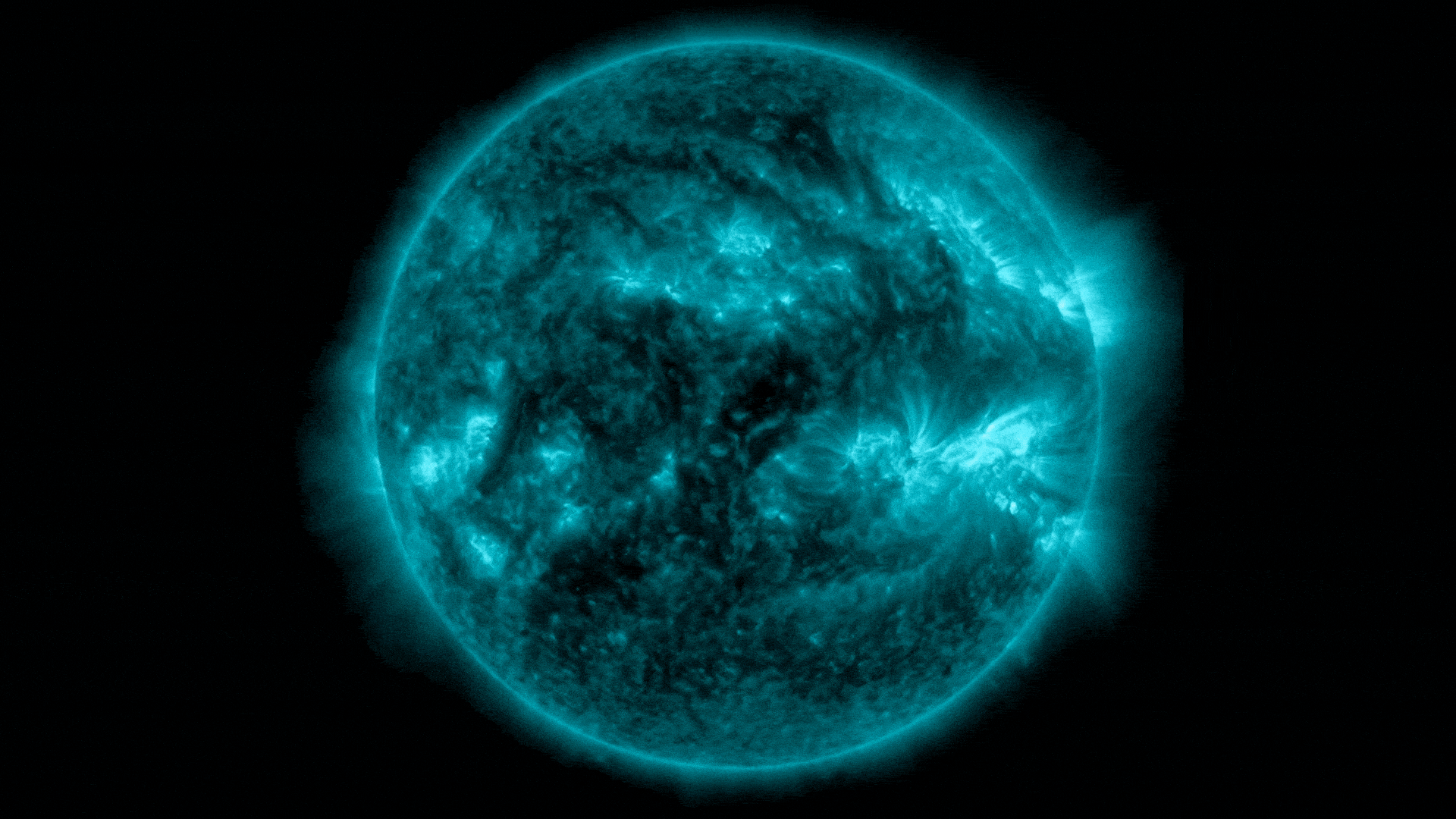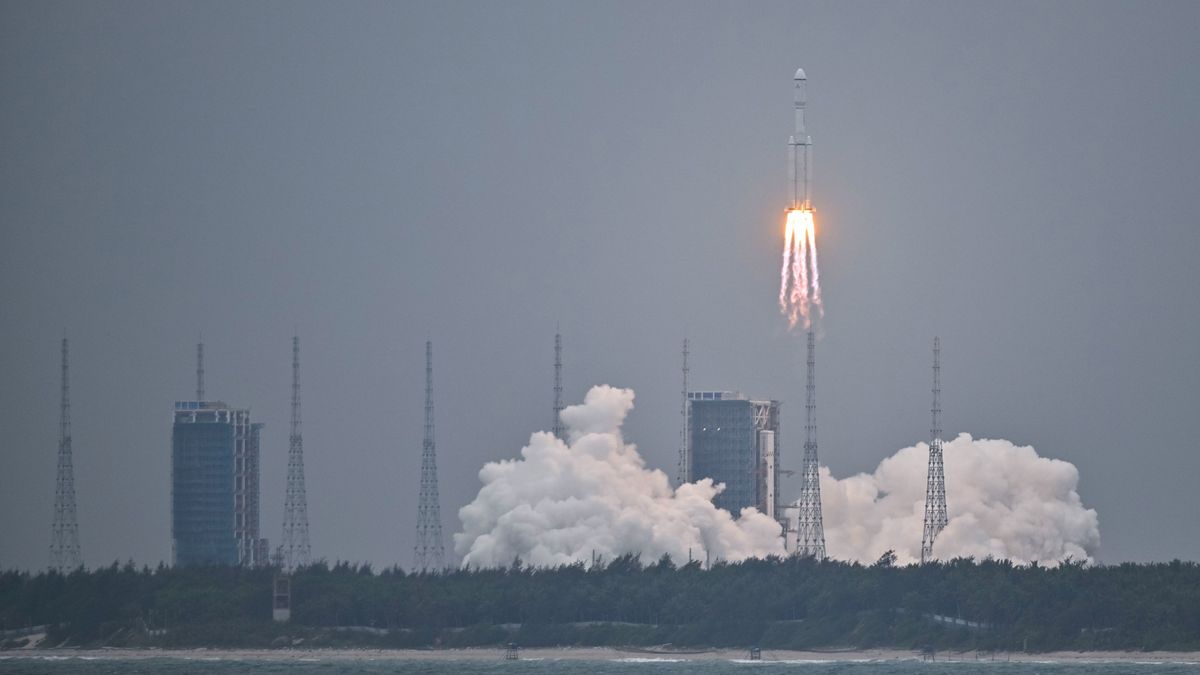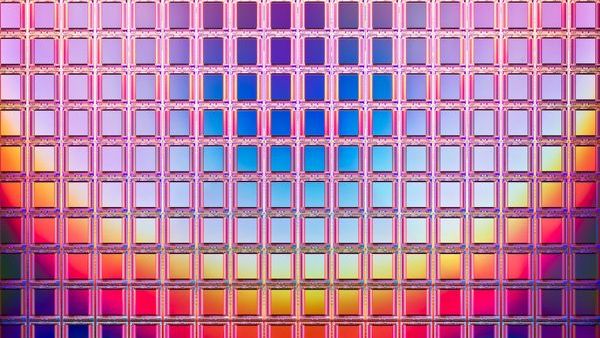The Driving Force Behind the Universe’s Expansion: Unparticles
According to a recent theoretical paper, the mysterious expansion of the universe may be fueled by a peculiar form of matter known as “unparticles,” which defy the laws of standard particle physics. While scientists universally agree that the universe is continually expanding, the exact cause of this phenomenon remains shrouded in mystery. Many propose that dark energy, in the form of a cosmological constant, is responsible for this expansion at a rate independent of the universe’s age and the temperature of its matter and radiation. However, recent astronomical observations have cast doubt on this hypothesis, prompting physicists to explore alternative explanations for the nature of dark energy.
The Unparticle Hypothesis
In a groundbreaking new study, researchers delved into the concept that dark energy could be composed of unparticles, a hypothetical form of matter. Their analysis revealed that this theory better aligns with observational data compared to the prevailing standard cosmological model, which assumes a cosmological constant. Discrepancies in the measurements of the universe’s expansion rate and the growth of large-scale structures have raised questions about the accuracy of current models. Various observations, including those related to the Cosmic Microwave Background and supernova dimming, contribute to this existing tension in cosmology.
Quantities such as the Hubble constant and the S8 parameter, crucial for understanding the expansion of the universe and the formation of large-scale structures, are derived from complex calculations based on observational data. However, different theoretical frameworks yield conflicting values for these parameters from the same dataset, creating a significant challenge in cosmological research.
To address these discrepancies, the researchers proposed in their study, published in the Journal of Cosmology and Astroparticle Physics, that unparticles are the driving force behind the universe’s expansion. These exotic particles, first proposed by theoretical physicist Howard Georgi, exhibit unique characteristics where their excitations lack well-defined mass and momentum, behaving more like a fluid at macroscopic scales. With an equation of state akin to the cosmological constant, unparticles’ minimal interaction with conventional matter positions them as strong contenders for dark energy.
Implications and Future Prospects
By integrating the unparticle hypothesis into their calculations and comparing them with observational data, the researchers discovered that this alternative model reconciled the inconsistencies between measurements of the Hubble constant and the S8 parameter. While empirical evidence for this theory is currently lacking, ongoing advancements in astronomical measurements may soon validate or refute the unparticle theory.
The authors are optimistic that future experiments and observations will shed light on the nature of dark energy. Improved accuracy in cosmological measurements, alongside forthcoming Cosmic Microwave Background experiments, may provide crucial insights into the validity of the unparticle hypothesis. Furthermore, efforts to explore unparticles’ interactions with elementary particles in accelerator experiments are already underway, offering promising avenues for further testing and refining the unparticle model.
Image/Photo credit: source url





